Acacia Honey
₹779.00 – ₹3,079.00
Black locusts, unfortunately, don’t always produce honey. The nectar flow of the blossoms is subject to weather conditions, so a tree may have honey for one year and not again for five years.
Description
Black locusts, unfortunately, don’t always produce honey. The nectar flow of the blossoms is subject to weather conditions, so a tree may have honey for one year and not again for five years. Also, even in years when the nectar flow is good, the bloom period is very short, about ten days. So it’s no wonder that acacia honey is so sought after; it’s fairly rare. The major reason for the popularity of acacia honey is its nutrient value and its ability to crystallize slowly. Acacia honey crystallizes very slowly because it is high in fructose. It is the least allergenic of all other honey types. Its low pollen content makes it suitable for many allergy sufferers.
Health Benefits of Raw Acacia Honey:
- Anti-bacterial, anti-fungal, anti-fungal:
Consumption of honey promotes an increase in beneficial antioxidant agents, stimulates antibodies, and combats harmful microbial activity. Several studies have also looked at honey in wound treatment. Studies showed that infected wounds became sterile within one week of honey application. - Increase athletic performance.
Ancient Olympic athletes would eat honey and dried figs to enhance their performance. This has now been verified with modern studies, showing that it is superior in maintaining glycogen levels and improving recovery time as compared to other sweeteners. - Reduce cough and throat irritation:
Acacia honey’s thick consistency helps line the throat while the sweet taste is believed to trigger nerve endings that prevent coughing. It can be used in treating upper respiratory tract infections. Honey is believed to be as effective as the common cough suppressant ingredient dextromethorphan.
In a study of 110 children, a single dose of acacia honey was just as effective as a single dose of dextromethorphan in relieving nocturnal cough and allowing proper sleep. - Heal wounds and burns:
Honey is a natural antibiotic that can act both internally and externally. It can be used as a conventional treatment for wounds and burns by disinfecting wounds and sores from major species of bacteria.
External application of honis is as effective as conventional treatment with silver sulfadiazine. It is speculated that the drying effect of the simple sugars and honey’s antibacterial nature combine to create this effect.
Additional information
| Weight | 0.68 kg |
|---|---|
| Dimensions | 15 × 15 × 20 cm |
| Weight |
1.4 Kg ,320 Grams ,680 Grams |










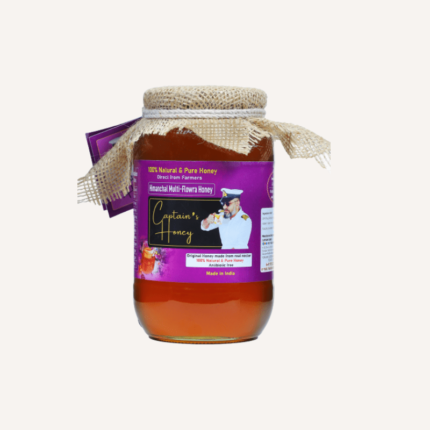

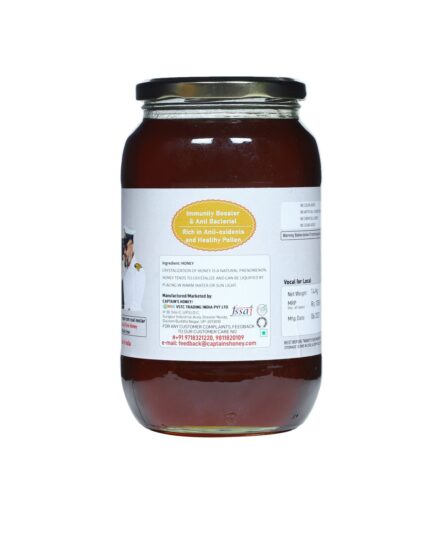
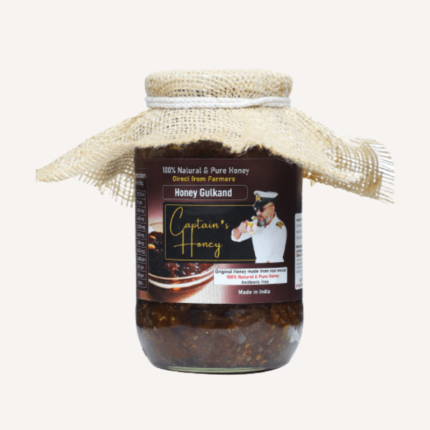
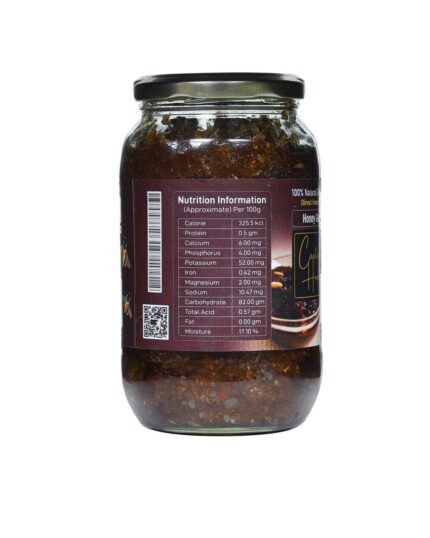
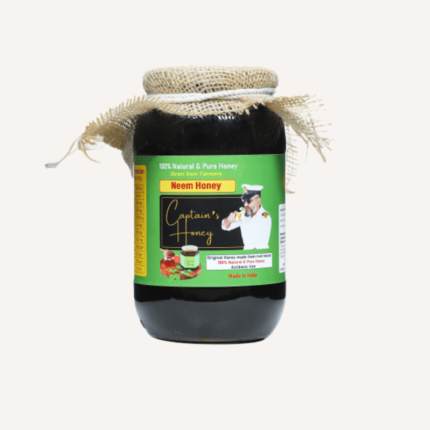


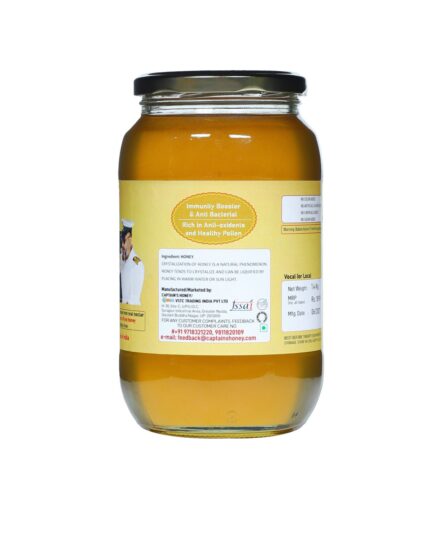
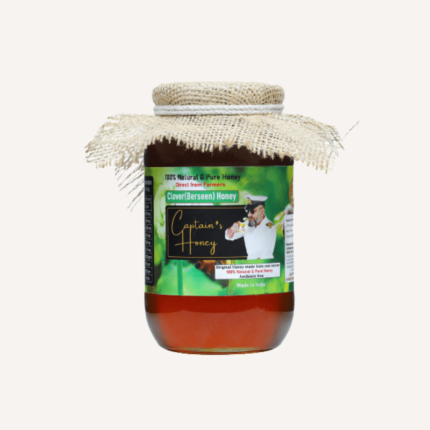
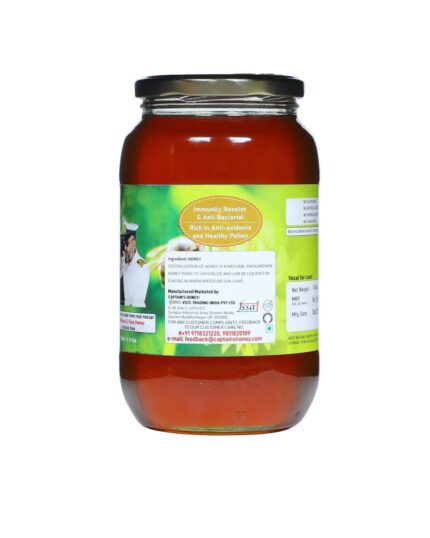
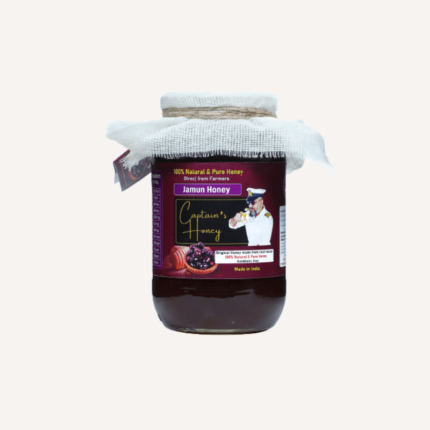
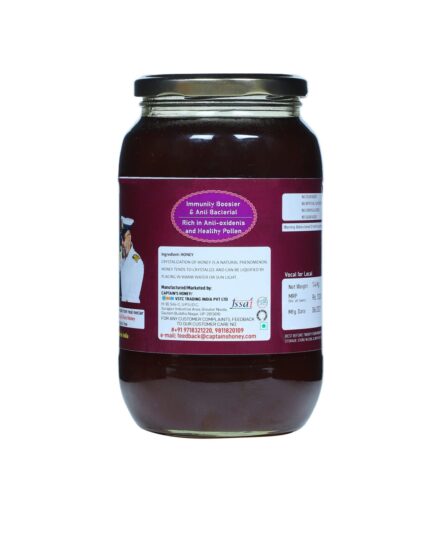

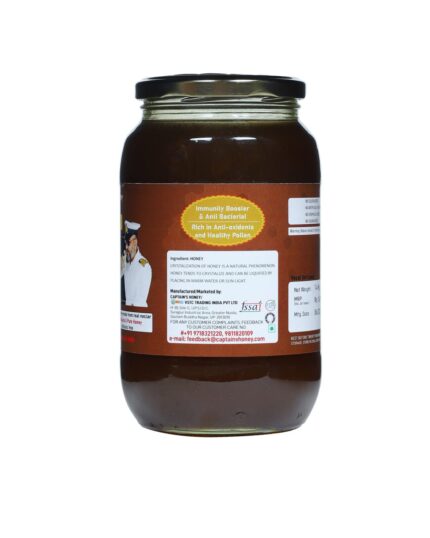
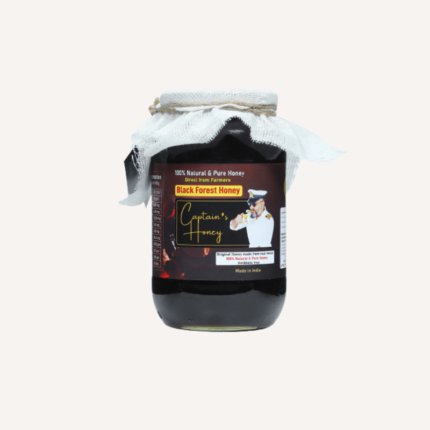
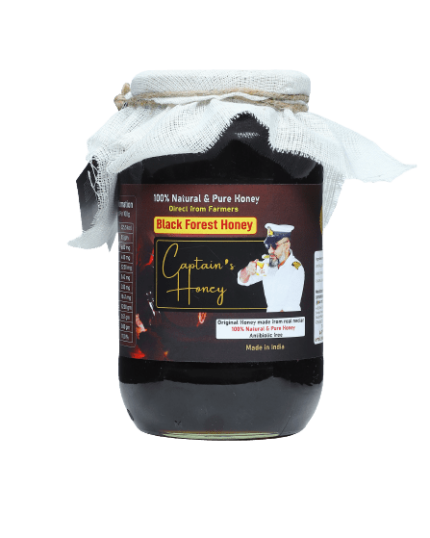

Reviews
There are no reviews yet.